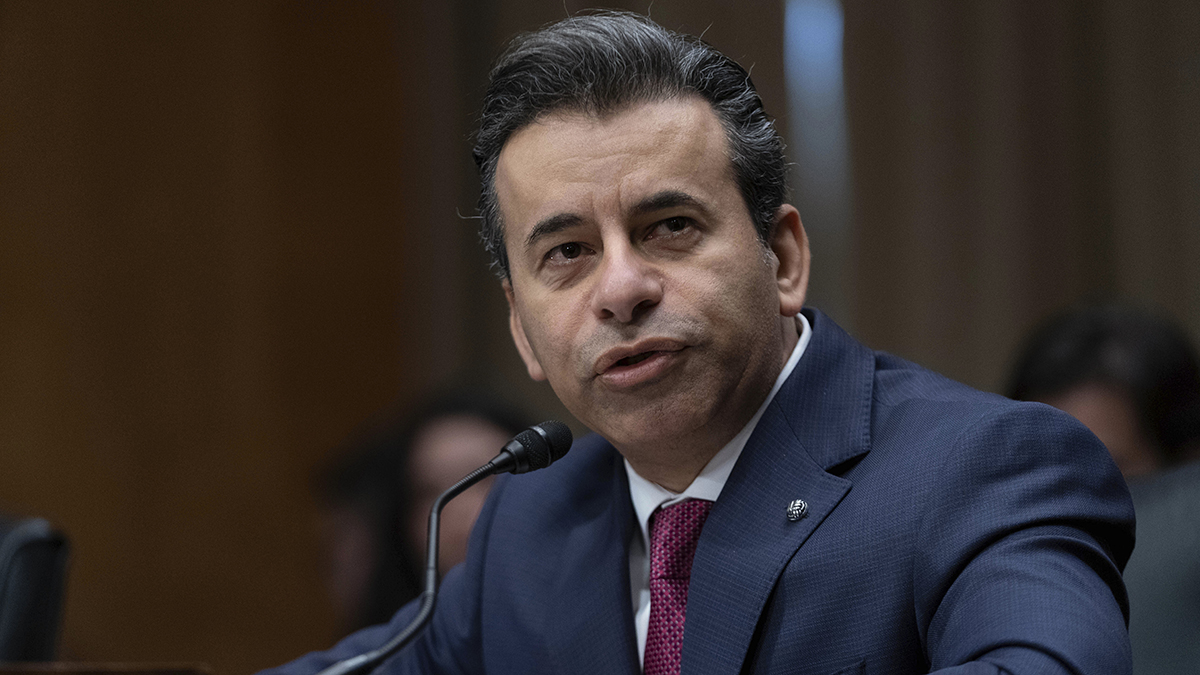LOS ANGELES -- Health officials are urging Angelenos to get flu shots or the FluMist nasal spray vaccine to protect themselves during the flu season, which can last until spring.
"Many people mistakenly believe that there is no benefit to getting a flu vaccine after November," said Dr. Jonathan E. Fielding, Los Angeles County's Director of Public Health.
"In fact, influenza activity does not often peak until after the start of the new year and can continue through March, so vaccinations received in December provide protection at the time when people are most likely to catch the flu," Fielding added.
With Dec. 8 to 14 declared "National Influence Vaccination Week" by the Los Angeles County Board of Supervisors and the L.A. County Department of Public Health, Fielding noted that free flu vaccines continue to be offered through public health clinics for those who do not have a regular doctor or insurance coverage.
Each year between 5 and 20 percent of the country's population is infected with influenza -- a serious disease that can lead to complications, including pneumonia, hospitalization, and even death, according to the county's Public Health Department.
In 2005, flu and pneumonia complications led to more than 2,000 deaths in L.A. County, the department reported.
The flu can also lead to missed days of work and school, hardships for family caregivers, and prevent people from participating in the activities they enjoy.
Health & Wellness
Health and wellness news
County Health officials said that yearly flu vaccinations are the best way for people to protect themselves, preventing 70 to 90 percent of cases in healthy adults under 65.
"The vaccine is safe and does not cause the flu," according to the statement. "Some minor side effects can occur, signaling that the immune system is responding to the vaccine and building immunity."
Such side effects, which usually last only one to two days, include soreness, redness, or swelling where the shot was given, a low-grade fever, and aches and pains. These side effects are minor and are far less risky than suffering through the flu, according to health officials.
Fielding said that getting vaccinated is especially important for those at risk, including adults 50 years and older.



